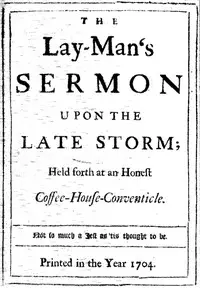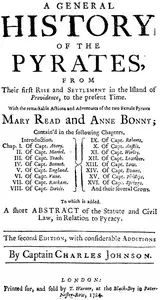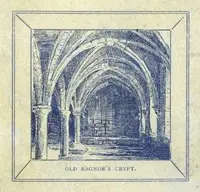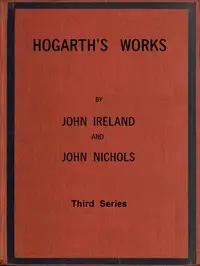"The Lay-Man's Sermon upon the Late Storm" by Daniel Defoe is a political and religious pamphlet written in the early 18th century. The work is a response to the devastating storm that struck England in the early 1700s, interpreting the natural disaster as a manifestation of divine displeasure towards the nation's moral failings. This text is notable for merging biblical themes with contemporary political issues, advocating for national repentance and unity in the face of calamity. In this pamphlet, Defoe explores the connections between the recent storm and the moral state of England, arguing that the disaster serves as a warning from God against the division and strife plaguing the nation. Defoe employs the metaphor of storms to reflect on the turbulent political climate and calls for a spirit of moderation and cooperation among opposing factions. He critiques the fervent zeal of various political parties and their inability to see the broader implications of their actions, urging readers to recognize the need for unity in order to restore both national stability and divine favor. Through this discourse, Defoe weaves together themes of divine judgment, political accountability, and the necessity of moral introspection. (This is an automatically generated summary.)

The Lay-Man's Sermon upon the Late Storm Held forth at an Honest Coffee-House-Conventicle
By Daniel Defoe
"The Lay-Man's Sermon upon the Late Storm" by Daniel Defoe is a political and religious pamphlet written in the early 18th century. The work is a resp...
Daniel Defoe was an English novelist, journalist, merchant, pamphleteer and spy. He is most famous for his novel Robinson Crusoe, published in 1719, which is claimed to be second only to the Bible in its number of translations. He has been seen as one of the earliest proponents of the English novel, and helped to popularise the form in Britain with others such as Aphra Behn and Samuel Richardson. Defoe wrote many political tracts, was often in trouble with the authorities, and spent a period in prison. Intellectuals and political leaders paid attention to his fresh ideas and sometimes consulted him.


















